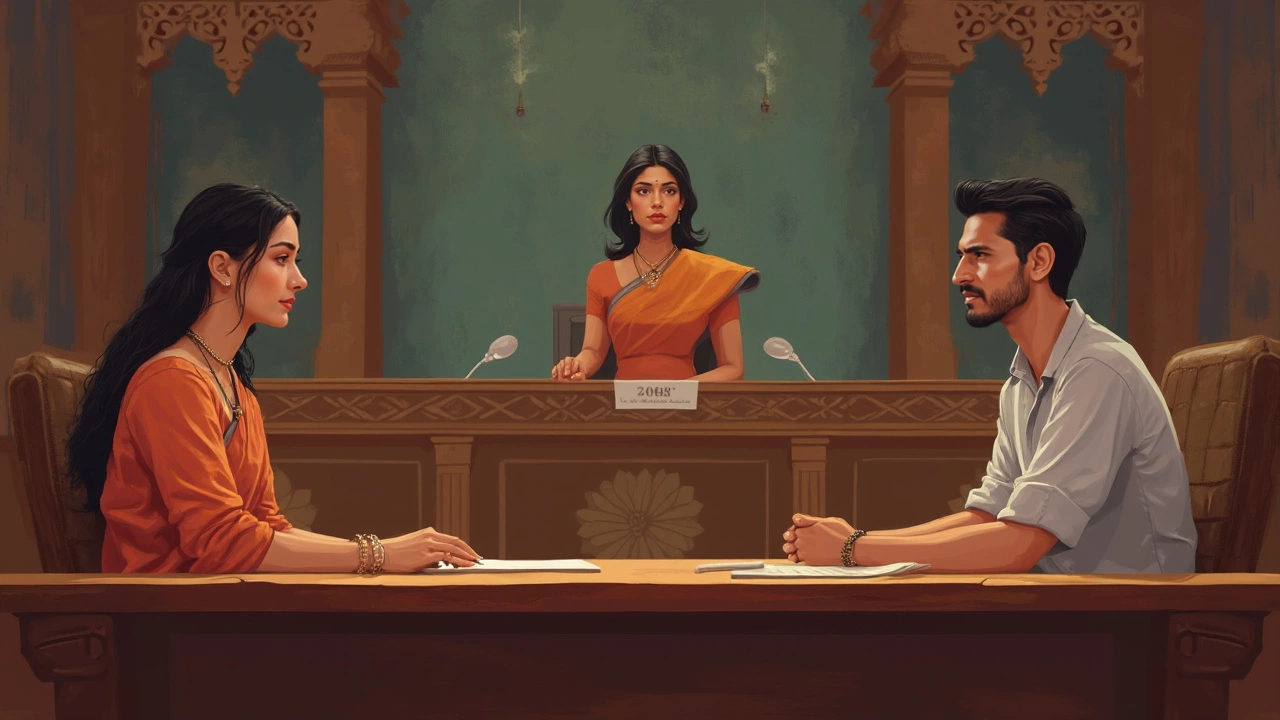Divorce Lawyer in India – How to Choose and What to Expect
If you’re thinking about ending a marriage, the first big question is usually, "Where do I find a good divorce lawyer?" The short answer: start with specialization, check credentials, and talk to a few lawyers before deciding.
Look for an attorney who handles family law and, specifically, divorce cases. Not every lawyer in a big firm does this, and a specialist will know the nuances of the Hindu Marriage Act, the Special Marriage Act, and recent case law. Make sure the lawyer is registered with the Bar Council of India – you can verify this on their website.
Key Steps to Pick the Right Divorce Lawyer
1. Search local directories. Sites like India Legal Guide list lawyers by city and practice area, making it easy to filter for "divorce lawyer".
2. Read reviews and ask for referrals. Talk to friends or colleagues who have gone through a divorce. Real‑world feedback often tells you more than a glossy website.
3. Schedule a free consultation. Most lawyers will meet you for 15‑30 minutes without charge. Use this time to ask about experience, typical fees, and how they would handle your case.
4. Understand fee structures. Some charge on an hourly basis, others work on a fixed‑fee model. Ask if there are extra costs for court filings, documentation, or mediation sessions.
Common Divorce Questions Answered
Is living separately mandatory? Recent articles explain that living apart is not a strict requirement for a divorce in India, but many courts look for a period of separation to confirm the marriage has broken down. If you can prove you’ve lived apart for at least a year, a mutual‑consent divorce moves faster.
How long does a divorce take? Timelines vary. A mutual‑consent divorce can wrap up in as little as three months if both parties agree on alimony, child custody, and property division. Contested divorces often drag on for a year or more, especially when the court has a heavy docket.
What about child custody? Courts prioritize the child's best interests. Prepare documents that show your ability to provide a stable environment – school records, medical reports, and a clear parenting plan help your case.
Do I need to register my marriage? If your marriage isn’t officially registered, you can still file for divorce, but you’ll need additional proof like joint bank statements, photographs, or affidavits from witnesses. It's a good idea to consult a lawyer early to gather the right evidence.
When you finally sit down with a lawyer, bring a folder with all relevant paperwork: marriage certificate, proof of residence, income statements, and any communication related to the separation. Having everything organized saves time and shows the lawyer you’re serious.
Remember, the right divorce lawyer can make a stressful process smoother. They’ll guide you through filing the petition, representing you in court, and negotiating settlements. Use the steps above, ask the tough questions, and don’t settle for the first lawyer you meet if you’re not comfortable. Your peace of mind and future financial health depend on it.
Do Wives Pay Alimony in India?
In India, the concept of alimony often brings to mind husbands paying financial support to wives. However, there are cases where wives may be required to pay alimony to husbands. Understanding the conditions under which wives might pay alimony can provide clarity. Factors like income disparity and mutual settlement play significant roles. Knowing your legal rights and duties is crucial during divorce proceedings.
